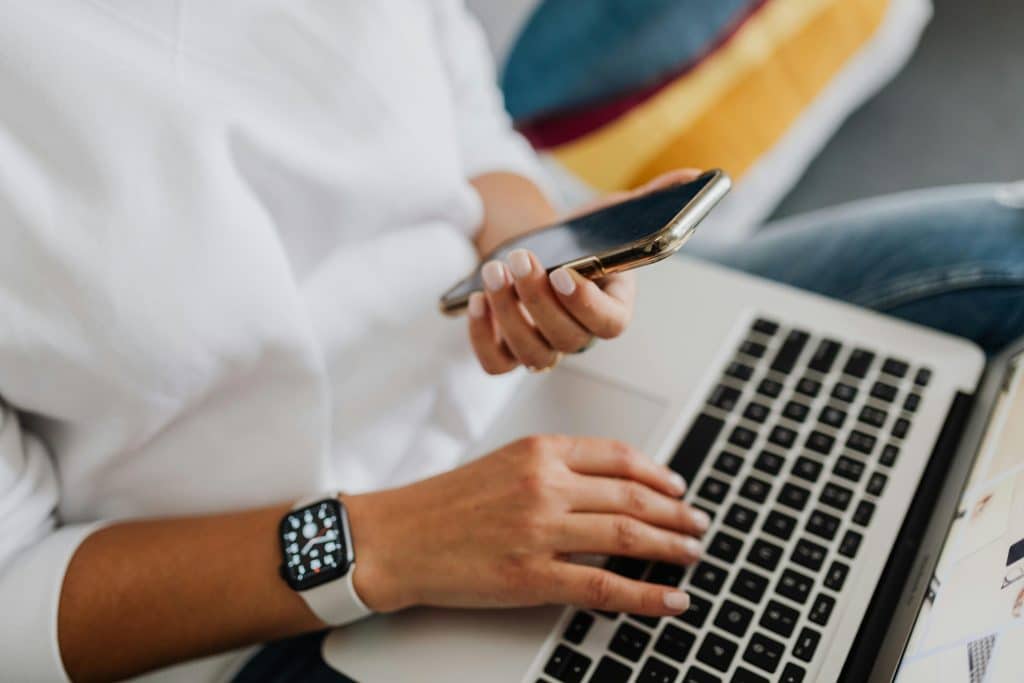In a world filled with constant distractions and overwhelming amounts of information, many are turning to minimalist living as a practical way to gain focus and clarity. Minimalist living leads to a more focused life by reducing physical and mental clutter, enabling individuals to concentrate better, manage stress, and improve overall well-being. This trend isn’t just about owning fewer things; it’s an emerging lifestyle that supports mental clarity and intentional living in our busy modern world.

Understanding How Minimalist Living Leads to a More Focused Life
Minimalism as a lifestyle has gained momentum in recent years, especially among those seeking ways to balance productivity and mindfulness. The concept centers on intentionally simplifying one’s environment, possessions, and commitments to focus on what truly matters.
Studies in psychology suggest that cluttered environments can impair focus and increase cognitive overload. According to research from Princeton University, physical clutter competes for your attention and reduces your brain’s ability to process information . By minimizing possessions and organizing spaces, minimalist living leads to a more focused life by freeing mental bandwidth and reducing distractions.
The Science Behind Minimalism and Focus
1. Cognitive Load Reduction
Cognitive load refers to the amount of working memory used to process information. Environments overloaded with objects can increase cognitive load, making it harder to concentrate on important tasks.
Minimalist living reduces unnecessary stimuli. When your environment is tidy and organized, your brain can prioritize relevant information more efficiently. A study in the journal Personality and Social Psychology Bulletin found that people in cluttered environments experienced more difficulty focusing and exhibited higher levels of stress than those in clean, organized spaces.
2. Enhanced Decision-Making
When possessions are limited, decision fatigue decreases. Decision fatigue occurs when the brain becomes overwhelmed by choices, leading to poorer decisions later on. By streamlining possessions and routines, minimalist living leads to a more focused life by conserving mental energy for critical decisions.
Tech entrepreneur Steve Jobs famously wore the same style of clothing daily to reduce trivial decisions, illustrating the practical side of this concept.
3. Stress Reduction and Emotional Clarity
Minimalism is associated with reduced stress and anxiety. A cluttered space can trigger feelings of chaos and overwhelm, while minimalism promotes calmness and emotional regulation.
A 2020 study published in Environment and Behavior showed that individuals who decluttered reported decreased stress and enhanced feelings of control and peace. This emotional clarity supports a more focused and intentional approach to daily life.
Emerging Trends: Digital Minimalism and Its Impact on Focus
While traditional minimalism focuses on physical possessions, a rising trend is digital minimalism—the intentional reduction of digital distractions.
Digital Minimalism Explained
Coined by author Cal Newport, digital minimalism emphasizes using technology intentionally to improve focus and well-being. With notifications, endless social media feeds, and information overload, digital clutter can be as disruptive as physical clutter.
By limiting screen time, unsubscribing from unnecessary emails, and using apps purposefully, digital minimalism leads to a more focused life in the digital age .
Practical Benefits of Digital Minimalism
- Improved Attention Span: Reducing multitasking and digital interruptions allows for deeper concentration on important tasks.
- Better Sleep Quality: Limiting screen exposure, especially before bedtime, improves sleep patterns and cognitive function.
- Enhanced Creativity: Less digital noise frees mental space for creative thinking and problem-solving.
How to Adopt Minimalist Living to Increase Focus: A Practical Guide
Minimalist living leads to a more focused life, but adopting it can feel overwhelming at first. Here are practical steps to simplify your environment and boost your mental clarity:
1. Start with Decluttering
- Set small goals: Begin with one drawer or one category, such as clothes or books.
- Ask critical questions: Do I use this regularly? Does it add value or joy?
- Donate or recycle: Let go of items that don’t serve you.
2. Organize Your Space
- Use storage solutions that keep essentials visible and accessible.
- Maintain a clean workspace free of unnecessary items.
- Keep surfaces clear to minimize visual distractions.
3. Simplify Your Daily Routines
- Create morning and evening routines that focus on essentials.
- Limit multitasking; concentrate on one task at a time.
- Set specific times for checking emails and social media.
4. Practice Digital Minimalism
- Turn off non-essential notifications.
- Unsubscribe from unwanted emails.
- Allocate “screen-free” times during your day.
5. Mindful Consumption
- Before purchasing, consider whether the item aligns with your minimalist goals.
- Focus on quality over quantity.
- Choose experiences over possessions.
6. Create Intentional Spaces for Focus
- Designate specific areas for work, relaxation, and creativity.
- Use natural light and plants to create a calm atmosphere.
- Minimize noise and interruptions where possible.
Benefits of Minimalist Living Beyond Focus
While this article centers on how minimalist living leads to a more focused life, other benefits often follow:
- Increased financial savings through reduced consumption.
- Improved mental health and reduced anxiety.
- Stronger sense of purpose and intentionality.
- Enhanced relationships due to less distraction.
Conclusion
Minimalist living leads to a more focused life by simplifying your environment, reducing distractions, and conserving mental energy for what truly matters. Both physical and digital minimalism contribute to improved attention, decision-making, and emotional clarity. As the trend toward mindful and intentional living grows, adopting minimalist principles offers a practical, research-backed way to navigate the complexities of modern life with greater calm and focus.
By starting small, organizing thoughtfully, and committing to digital boundaries, anyone can experience the benefits of minimalist living and enjoy a clearer, more focused mind.
References
- Princeton Neuroscience Institute. (2011). Clutter disrupts brain function. https://www.princeton.edu/news/2011/10/24/clutter-disrupts-brain-function
- Vohs, K. D., et al. (2013). The psychological effects of clutter. Personality and Social Psychology Bulletin. https://journals.sagepub.com/doi/10.1177/0146167213480043
- Mann, R. (2015). How Steve Jobs reduced decision fatigue. Harvard Business Review. https://hbr.org/2015/01/how-steve-jobs-reduced-decision-fatigue
- Perlow, L., et al. (2020). Decluttering and stress reduction. Environment and Behavior. https://journals.sagepub.com/doi/full/10.1177/0013916520936800










 Building Resilience: How to Overcome Setbacks Gracefully
Building Resilience: How to Overcome Setbacks Gracefully 

